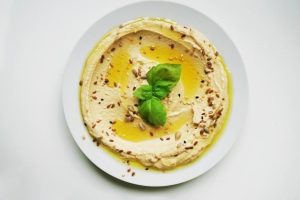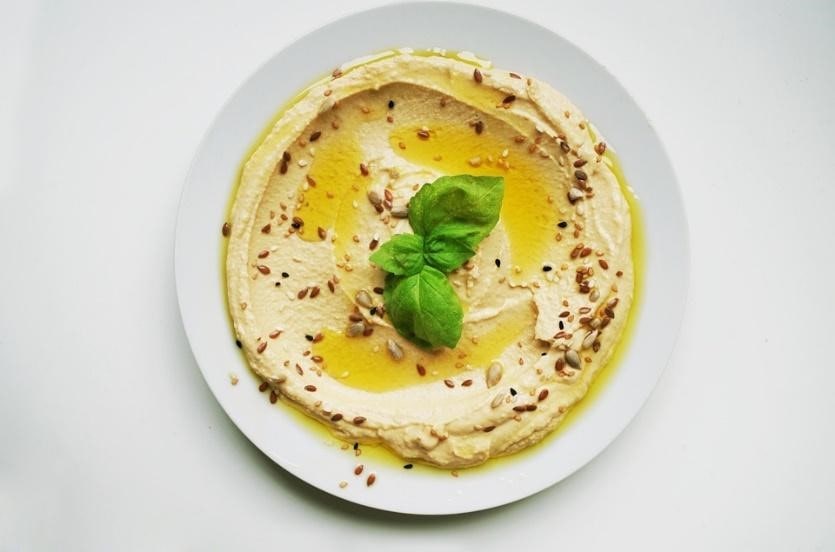
Your Complete Guide to Israeli Food
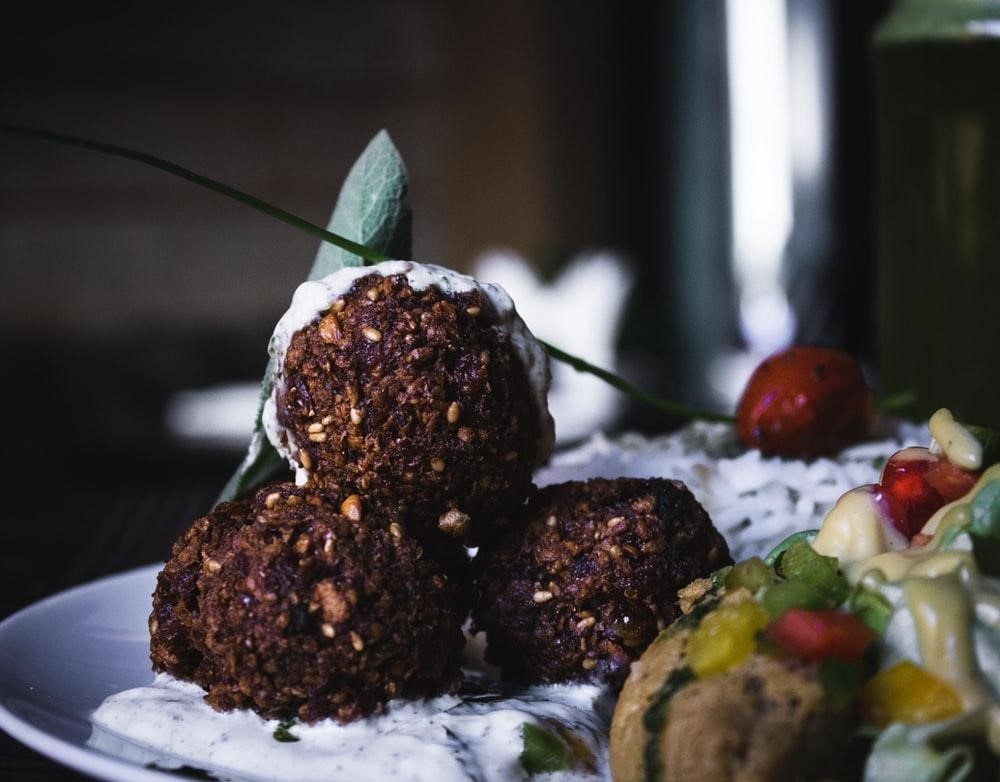
When you think about Israeli food, you imagine pitas stuffed with meat and falafel, thick and creamy hummus, salads with herbs, and rich olive oil. While you’re not wrong, there’s a lot more to Israeli cuisine than your classic pita and hummus. This is your complete guide to Israeli food including some restaurant suggestions in Tel-Aviv.
Culinary Background
Israel prides itself on the local fresh produce and natives cook whatever is around them. At an early age, Israel struggled with food, so people had to grow it themselves. To understand Israeli food, you need to know the geography of the country.
The country has all the terrain you can think of. In the south, you’ll find a hot and barren desert, and mountains capped with snow in the north. The country is surrounded by two different seas with amazing coastlines. It has two major lakes and green valleys.
Due to the varied topography, Israel produces a lot of its food itself. The food growth is also aided by the favorable Middle Eastern climate. All the herbs, vegetables, and dairy are produced in the north of the country. Furthermore, you will find vineyards and olives being grown near the mountains and there is sufficient seafood along the dazzling coastlines.
However, the drawback of such production is that Israeli foods are seasonal. You’ll be lucky to find tomatoes off-season. The ones you find will be imported and may be expensive.
Regional Influences
Israeli cuisine has a lot of international influences. Israel was created in 1948, therefore it is a relatively young country. Thousands of Jews from across the world migrated after the country’s independence. These people came mainly from North Africa, Eastern Europe, and the Middle East. They also brought along their foods with them, therefore a lot of Israel’s cuisine is borrowed from neighboring countries.
Recommended Reading: Delicious Israeli Dips Besides Hummus
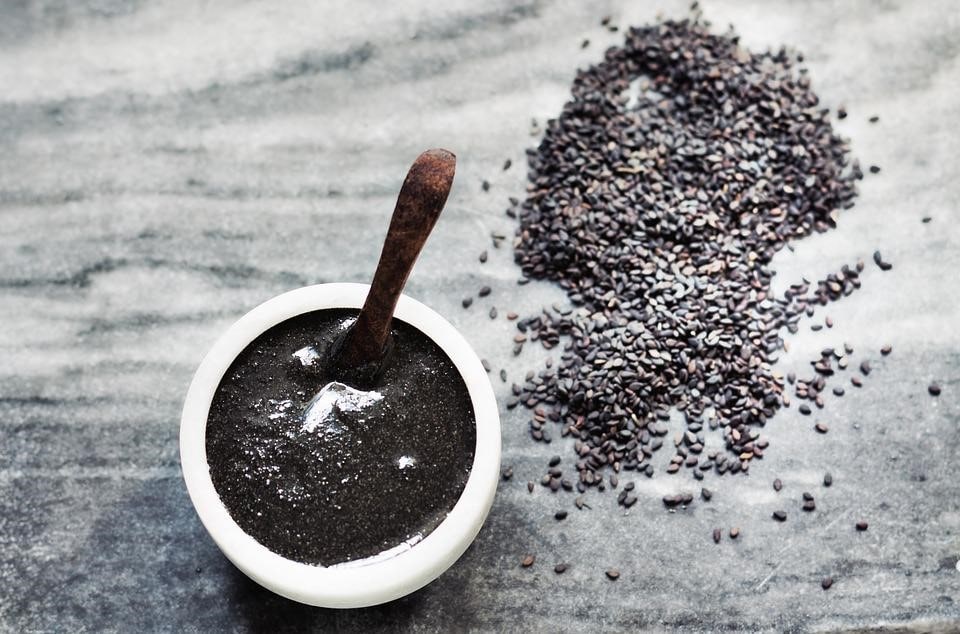
Main Ingredients in Israeli Foods
Israeli cuisine is very vegetable-heavy, which you can easily cook at home. However, the actual flavor comes from the herbs and spices that you may find difficult to buy in your local supermarket (if you’re not based in Israel).
Tahini is an Israeli staple. It is a creamy paste made from ground sesame seeds that is full of important nutrients, often used in Kosher meat dishes or as a dairy alternative. If you manage to find good quality Tahini, you can use it to enhance the taste of your sandwiches or pitas. Furthermore, if you are a salad lover you can use it as a dressing or enjoy your vegetables by using Tahini as a dip.
Za’atar is an herb mix that is used extensively in Israeli cooking. The mix mainly consists of the Za’atar herb which grows everywhere in the country. You can add it to your grilled meat or sprinkle it over your salad to give it a zesty flavor.
Dates are a mainstay of cuisines across the Middle East. Silan is date honey, which is used in a variety of ways. For vegans, silan is a goldmine as it is an alternative to bee’s honey. If you like pancakes, then Silan is a must-have on your table.
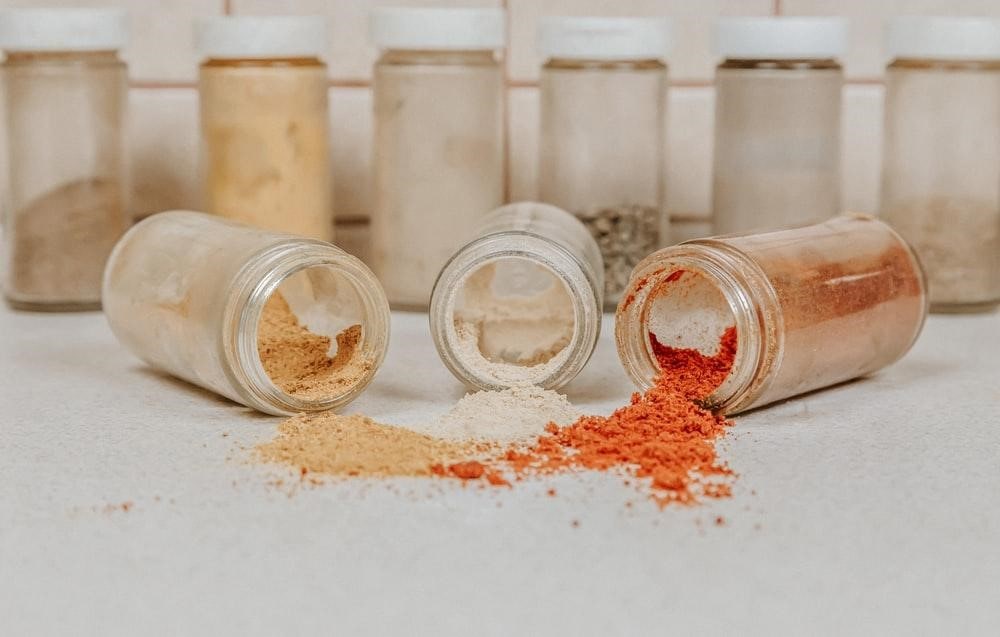
Israeli Dishes You Must Try
You need to have a renowned Israeli breakfast. Traditionally, it is a mouth-watering combination of eggs, cheese, and different kinds of meze. Eggs are cooked often as an omelet or as Eggs Benedict, but the best way to have them is in shakshuka. Shakshuka is a dish of eggs slowly cooked in a tomato and pepper based sauce.
Sabih is considered to be the go-to breakfast for all Israelis. It was created by Iraqi Jews who migrated to Israel. The dish is a vegetarian sandwich, consisting of open pita bread with various vegetables such as tomato, cucumber, beetroot, eggplant and a hard-boiled egg. Tahini and amba (mango chutney) are added to the sandwich to give it some extra zest.
If you haven’t had hummus in your life, then it’s high time to try. Don’t try the one you get in the supermarket, as it is mainly used as a spread on sandwiches. You need to visit a restaurant dedicated to Hummus, especially if you’re in Israel. Original hummus is made with chickpeas, tahini, salt, lemon, and water. It is best served fresh and warm and can have a variety of toppings such as pine nuts. Forget the cutlery, grab a pita and scoop up this decadent, warm dish!
Recommended Reading: Traditional Israeli Dishes To Try

Top Restaurants in Tel Aviv
There are a lot of restaurants you can visit in Tel-Aviv to get the perfect dining experience. If you want to get a taste of farm-fresh produce and amazing pita, then visit Miznon. Claro is another farm-to-table restaurant operated by one of the most-loved chefs in Israel, Ran Shmueli.
If you’re into seafood and want to experience modern Israeli cuisine, then visit Yaffo-Tel Aviv. It is operated by Chef Haim Cohen, and the highlight of the restaurant is the tabun (clay oven). The tabun is responsible for creating one of the best focaccias in Israel.
If you’re visiting Tel-Aviv for your summer vacation, then it is recommended to visit the above restaurants for a memorable experience.
Israeli cuisine is simple and hearty. If you love the smell of fresh herbs and produce, then this cuisine will suit you perfectly. Try some local foods on your next trip to Israel, it will make your time more memorable and enjoyable.
About the Author
David is a Hebrew language expert and an instructor at Ulpan-Or, a leading institution where individuals can learn Hebrew online with Israeli teachers. He regularly contributes to our website using his experiences, knowledge, and ideas.
Ulpan-Or is an amazing online platform for people in the US, Australia, Canada, etc. that are interested in learning Hebrew. They offer Hebrew digital courses are designed to address the needs and requirements of students at various Hebrew levels starting with a total beginner level up to the very advanced level. For more details on Ulpan-Or’s online learning, Hebrew learning for Israel immersion, or self-study courses, visit their website today!

